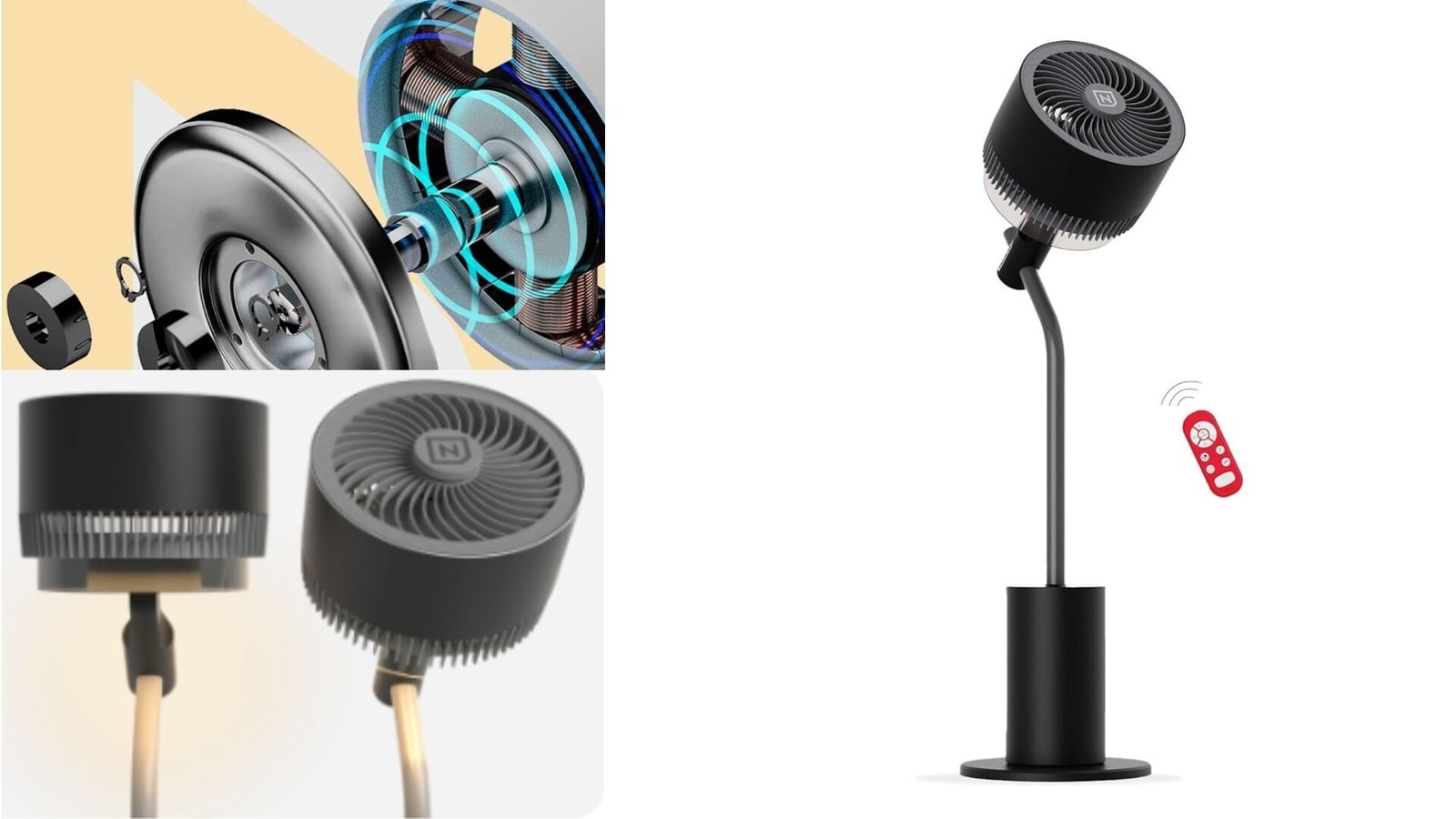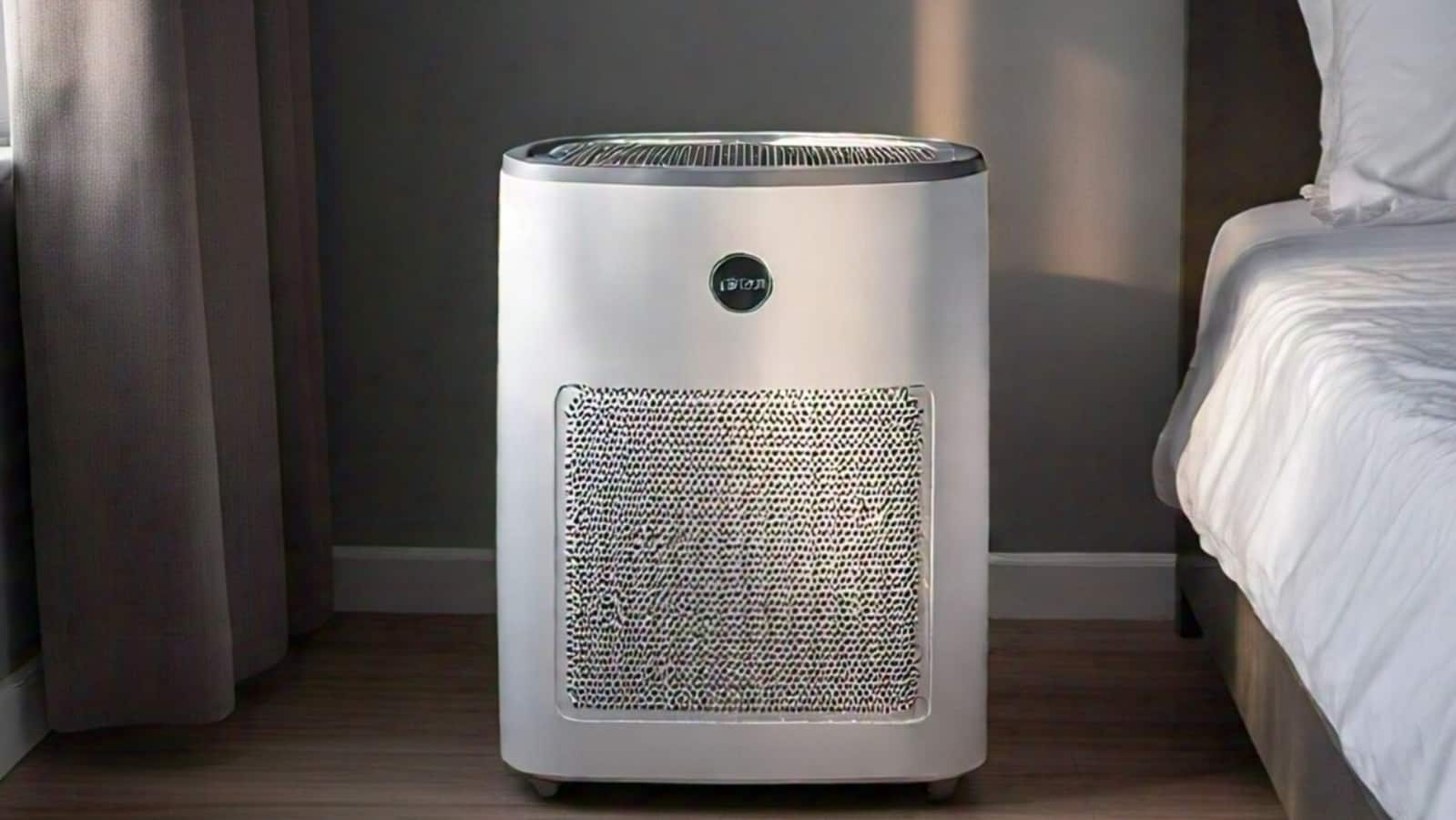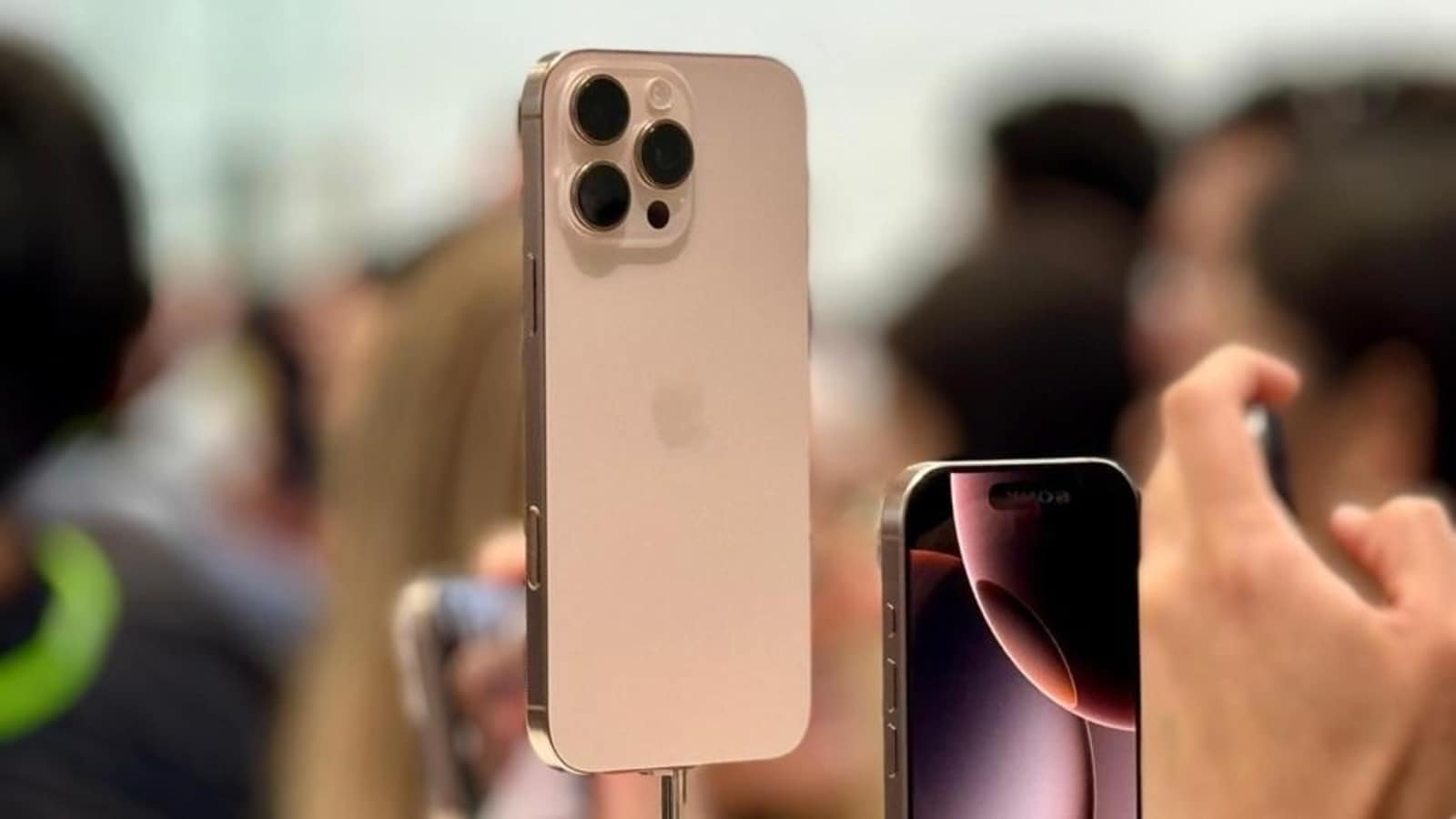This past weekend, the Hindustan Times Leadership Summit 2024 proved to be more special than most, also because the Hindustan Times that you love, is now 100 years strong. As it is every time, this edition of HTLS too was host to some of the most riveting, relevant conversations about the times we live in and the issues we face. Collectively. The tech conversations revolved around themes that will remain of utmost importance for the next few years—artificial intelligence and the questions that arise, data centers and the supply chain, India’s role in the tech transformation and quite how soon artificial general intelligence (AGI) can potentially be a reality. I spoke with Revathi Advaithi, who is the CEO of Flex Ltd., Professor Arvind Narayanan of the Princeton University and Dr Manish Gupta, Senior Director at Google DeepMind.

I’ll let you have the pleasure of reading through the detailed conversations, and watch the video streams as well (the links for which are a couple of scrolls below), but must highlight one takeaway thought, that each of these speakers talked about in our conversations.
AI for the greater good: “A farmer may be unable to get a loan from a bank, and therefore ends up paying very high rates of interest to a loan shop. They are unable to get reasonably priced insurance, and if there is crop failure, they caught in that debt trap. Our team took this approach of analysing satellite imagery, which enabled us to build the first model that for all of India through satellite imagery, is able to now identify field boundaries and the crops which are being grown in. This provides the foundational layer on which we can build a unique identity to each person, and then on top of which, you build an Aadhaar stack, unified payment interface and more. We can unlock all kinds of use cases for the farmers, like loans, recently, prices, stock insurance or supplement programs for the government” – Dr Manish Gupta, Senior Director – Research, Google DeepMind.
AI and jobs: “My thesis is, AI is an assistant to humans. The debate of whether AI takes jobs away, of course, has relevancy to a company like ours which has a large employee base, but I think it’s somewhere in the middle. I think it’ll have a net zero effect in terms of employment overall. That’s controversial because a lot of people don’t believe that. It (the debate) is a lot about AGI that is going to replace humans. I think the productivity boost that AI will bring will probably not reduce jobs directly but redistribute them jobs and up-skill the workforce overall” – Revathi Advaithi, CEO of Flex.
AI and regulation: “I do think it’s possible to regulate AI, and to think about that, we should remember that AI is not just one thing. There are many kinds of AI. There’s the AI that generates our social media feeds, for instance, and has been blamed for many kinds of problems like increasing polarisation, enabling people to use social media to sort of fan the flames of sectarian violence, because these AI systems sometimes amplify the most divisive posts that are being shared online. There is the AI behind self driving cars, for instance. So there are many kinds of AI, and when we think about all of these separately, and we think about regulation separately, I think that becomes a much more tractable problem than just asking, how can we do AI regulation” – Professor Arvind Narayanan.
Detailed conversations from HTLS 2024, here…
RECALIBRATE?
Just as I was writing this on Tuesday morning, there are murmurs that the United States Department of Justice may insist Google sells off its Chrome browser product, and make more substantial unbundling within Android, as the next chapter of the search monopoly fallout continues. I’d written about it in my column a few weeks ago. But why Chrome? The regulators are of the belief that Google’s Search monopoly is partly given momentum by the Chrome browser, which has the most market share worldwide and therefore can be effectively used to keep users within Google’s service ecosystem. It is a similar story with Android and Google Play, but it may be too complicated to ask Google to sell Android.
Who do you think can be Google’s next owner, if it comes to that? A few names come to mind. OpenAI perhaps, which only recently made clear outlines of a Search engine plan. Microsoft, because they could merge Edge browser within Chrome (Edge’s underlying engine is the same as Chrome and maintain continuity for Windows users in particular. Apple? Unlikely, since they’ve developed Safari to make it one among the most secure (and it’s a rare breed) web browsers of this generation; and they’ve betrayed no intention to make inroads within the Windows ecosystem with other services. There could always be a surprise pick, but the key will be this — Chrome itself doesn’t make money for Google, and it won’t for anyone who acquires it, unless they have a set of services that plug in effortlessly for them, and for users. I’ve a left field pick here. Meta. Think about it.
BREEZE
Perhaps the timing is not perfect to spend money on a cooling fan, at least if you live north of the Vindhyas. But then again, fans haven’t been as smart as the one I’m talking about this week. The seasonal aspect I just referenced, I’ll come back to that in a bit. The NUUK Halo doesn’t try to make a case by complicating matters, such as Wi-Fi connectivity and smartphone control which serves to only confuse the more senior members of the family. Instead, this Indian tech company, has done well to focus on improving different elements of the experience—and to be fair, it has collectively worked.
The primary element of this proposition is the use of the BLDC motors (or brushless direct current motors; there’s 3 of them). These are made by a company called NIDEC Corporation. The collective efforts of motor refinement and the way the NUUK Halo has been designed, makes this the most silent fan of its kind. Even at speeds 10 or 11, with the maximum being 12 (that itself is rare, most such implementations stop at 10). According to the decibel meter on an Apple Watch, the Halo at fan speed 1 registers the bare whisper of the fan gently blowing air, at 21 decibels (this is about 3 feet away, in a typical living room). At fan speed 5, its around 33 decibels—also factor in some of this will be wind noise too, if you’re in direct line of sight. No fan, table or pedestal, smart or otherwise, have been this silent.
It is good NUUK has not complicated things with Wi-Fi connectivity and all else that follows it. Instead, this integrates a three-step illumination lamp, with subtly diffused lighting. Not exact the sort of light you’d be able to read a book in but serves the purpose. It’s an element of what the company claims is the Scandinavian design influence. Remember I’d mentioned seasons earlier in our conversation? This is one fan that could find relevance beyond the summer. The 90-degree vertical oscillation and 120-degree horizontal oscillation mean the Halo can be placed smartly to amplify the cooling of an air-conditioner with a much longer throw or broaden the scope of a heater’s effectiveness in winters.
If there is any more proof needed about the attention to detail, it’d be the remote control that has a build which is more rugged than usual. Looks like there’s a silicon protective case around it, but it isn’t that! This proposition with a fan is surprisingly more versatile than I’d imagined, and what most other fans lend themselves to. It’s reassuring, as you’d part with ₹10,999 for this convenience.
DATA
Now that the US elections are done, apparently some more folks have realised they should try to get off X, or Twitter. I have a few thoughts on that elusive search for the true X alternative humanity has been searching for, but I’ll park that for another day. For now, BlueSky says they’ve now clocked 15 million users, with 1 million joining in the week since the election results were announced. One would assume most of those signups are from the US. Now, BlueSky is trying to position its broader approach as more palatable. “A number of artists and creators have made their home on Bluesky, and we hear their concerns with other platforms training on their data. We do not use any of your content to train generative AI, and have no intention of doing so,” the company says, in a statement.
ASSISTANT

Google Gemini, the AI assistant, is now available on iPhone as a standalone app. In contrast to integration within the Google app, on iPhones. The Gemini for iOS push makes absolute sense, to the extent you wonder why Google didn’t do it earlier — there are a lot of iPhone users out there, and Gemini’s relevance improves significantly. And since it precedes the expected arrival of OpenAI’s GPT models as part of a more refined Siri by Apple, it therefore holds better chance of finding traction and hope much of that demographic makes it a habit. It has Gemini Live too, and Google clearly isn’t holding back. The interesting thing to note here is, Google’s ticked off the iPhone checklist before making Gemini available on many of its own platforms or devices, including Google TV, Android TV or the smart displays, for instance.











Leave a Reply